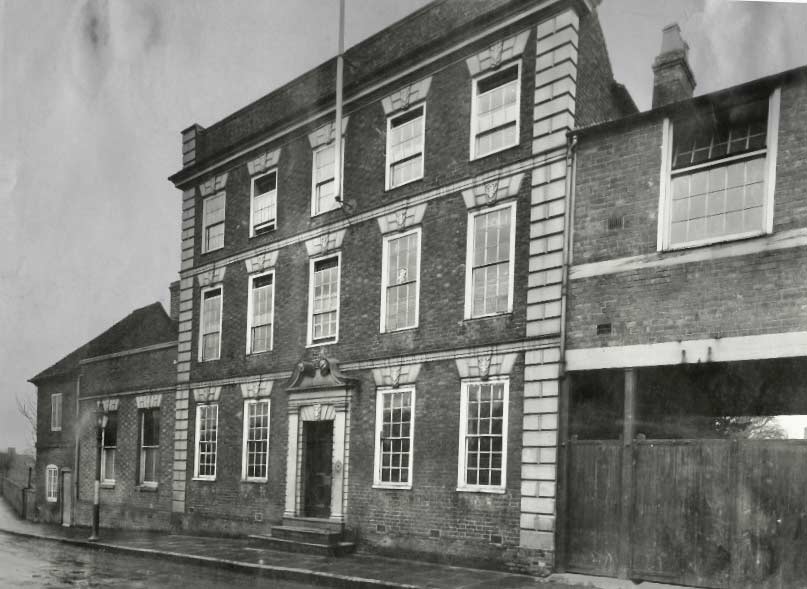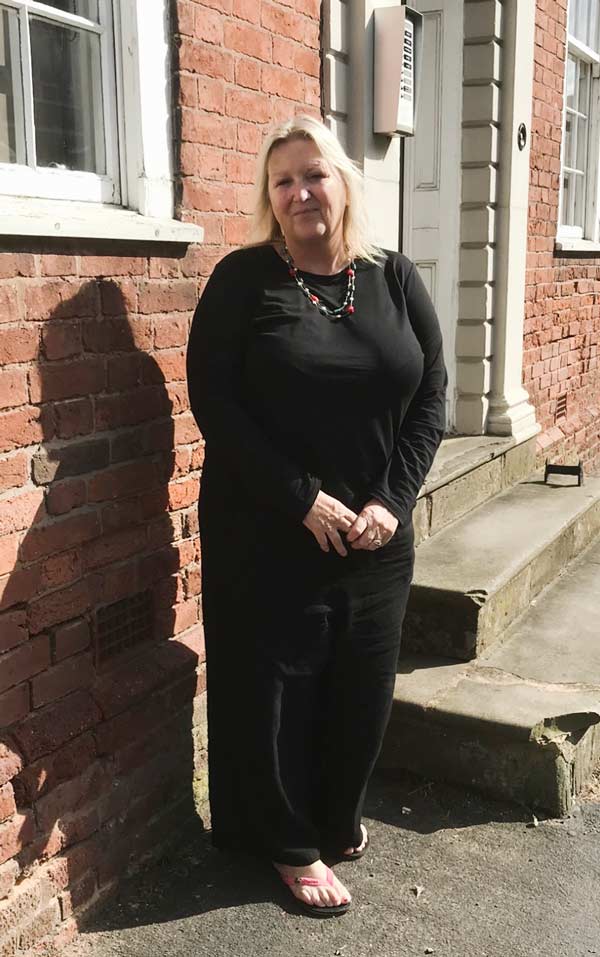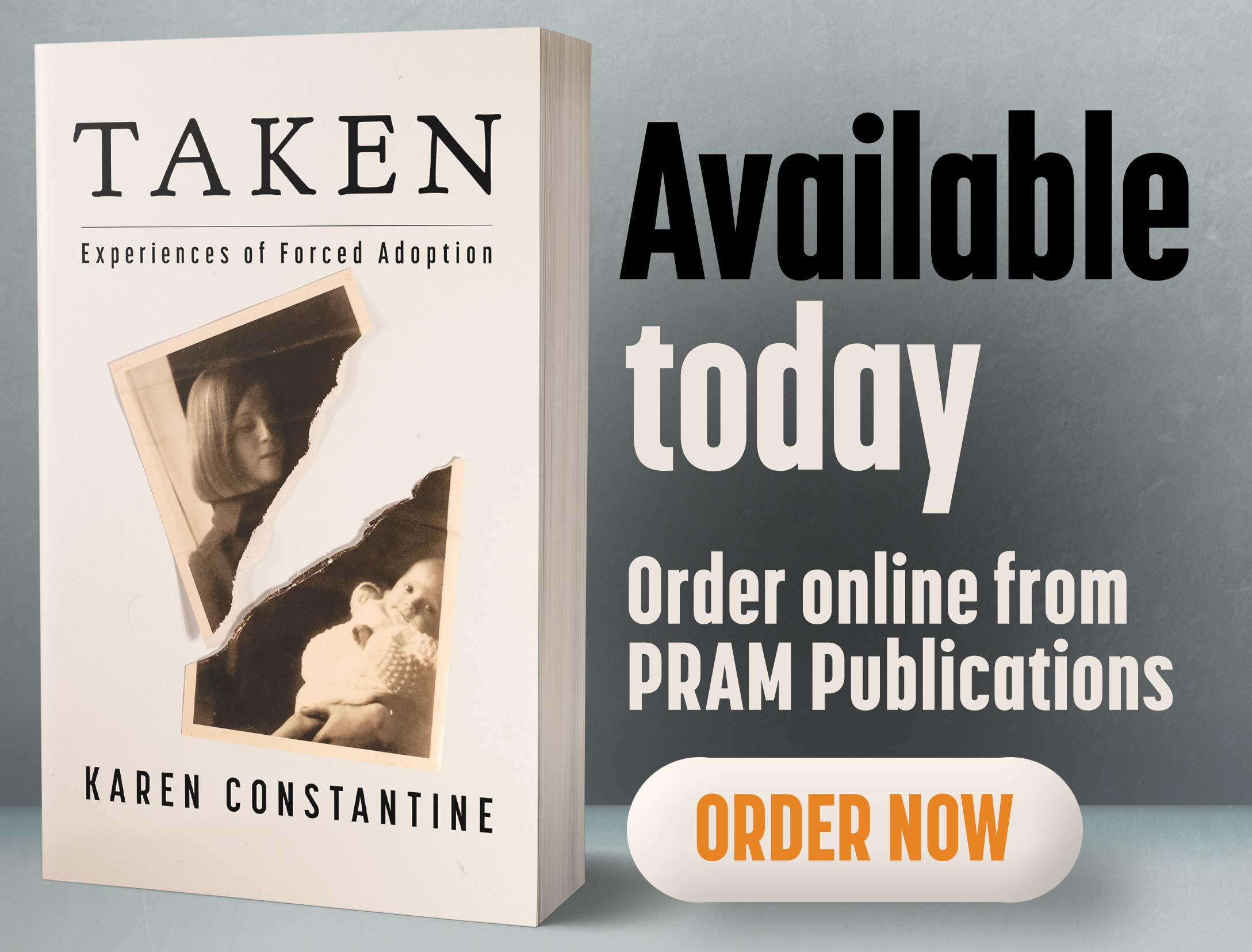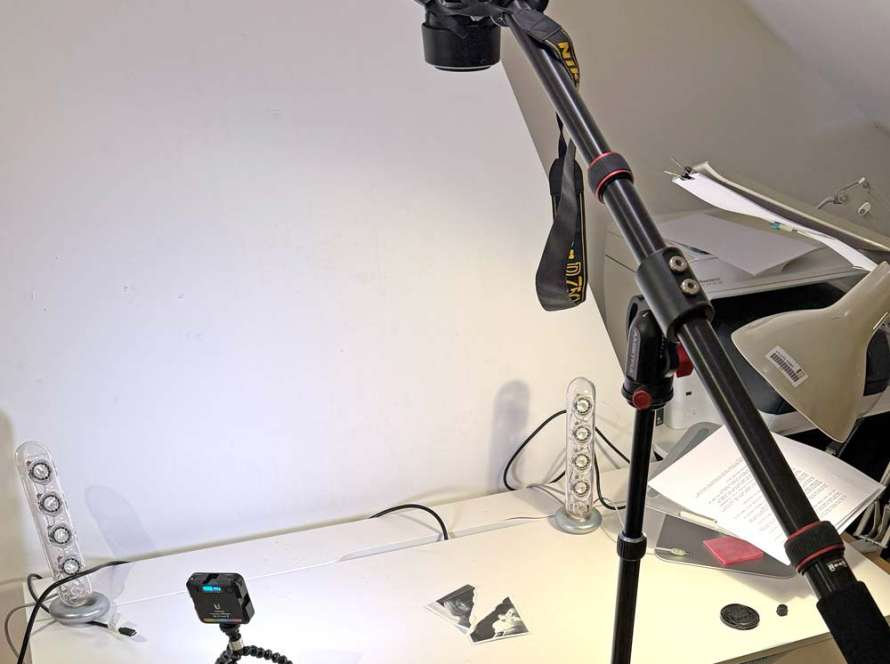
I was born and raised a Catholic. A happy, rosary-bead-swinging, white confirmation-dress-wearing Roman Catholic.
For a while I went to church everyday, and certainly every Sunday without fail; I did the Stations of the Cross, and I knew my Catechism by heart. I truly believed a sacrament was an outward sign of inward grace, and I carried my bible to my religious school … well, religiously.
I’ll never forget how the scales fell from my eyes and how my faith dropped through the floor. One evening in 1978, as the Sunday mass concluded, I waited breathlessly, glued to the pew, next to my washboard-stiff mother for the incense and congregation to disperse. Then we crept, shamefaced and meek, to the back of the eerie, now almost black, space. There, the priest met us; looming with bad breath, he leaned over reaching into the Catholic directory, “We’ll send the girl there.” His fat finger pressed an indistinguishable address. It might as well have been a location in Timbuktu — not Birmingham — it was a million miles from my home in Stoke.
Another priest came to collect me. He wasn’t just a priest, no, he was also my social worker. I was deposited at St. Paul’s mother and baby home. My hard-up parents paid handsomely to have me taken off their hands, anticipating I would give my baby up for adoption, and then return to ‘normal’.
During my pregnancy, from six to nine months, I laboured every day in the St Paul’s on-site laundry, filling and emptying industrial washers and dryers. I ironed sheets until my chest heaved and my arms ached. My priest / social worker checked in on me regularly, looking after my soul and telling me how bad I was.
As the girl in the bed next to me, in the room we shared, went hysterically and fearfully into full-blown labour, my faith fractured.
I knew then, with unshakable certainty, that I was next, and the priest / social worker was cruel. It wasn’t a thought, it was a feeling. Who treats girls that way?
The Church has form for looking away
As the sins and deviations of the Church keep coming light, I find the resignation of the Most Reverend Justin Welby, ex Archbishop of Canterbury no surprise. The Church has form for looking away.
Between the 1940s and the 1980s, right across the UK, from Roman Catholics to the Church of England, almost all religious orders had mother and baby homes, and so very many of us were sent away. More than 215,000. So many babies were taken from mothers without consent. The cruel church caused untold trauma.
Returning to the mother and baby home
In 2017, I was driving south, down the M6. On a whim, I drove into Coleshill to look at the place where I’d been incarcerated. It triggered an emotional avalanche. Suddenly I wanted to know why? Why me? It was a transformative moment; it lead me to apply for my records and then to Birkbeck University of London where I completed a MFA in creative writing by writing a girl-to-teen memoir. Over the last year I’ve also written Taken: Experiences of Forced Adoption.
Recently, that whim propelled me to send in my invoice for my unpaid labour (I’m still awaiting settlement!).
In the last few days I looked again at the photograph of myself, taken by a stranger, as I stood outside the home. I wanted a record of the moment I voluntarily returned. I see my hands awkwardly clasped. I see a worry-worn face and my unresolved gaze. I see my girlish uncertainty and fear.
I see my deepest fears revealed by my pose. Do you?
The Church was cruel and needs to atone.



